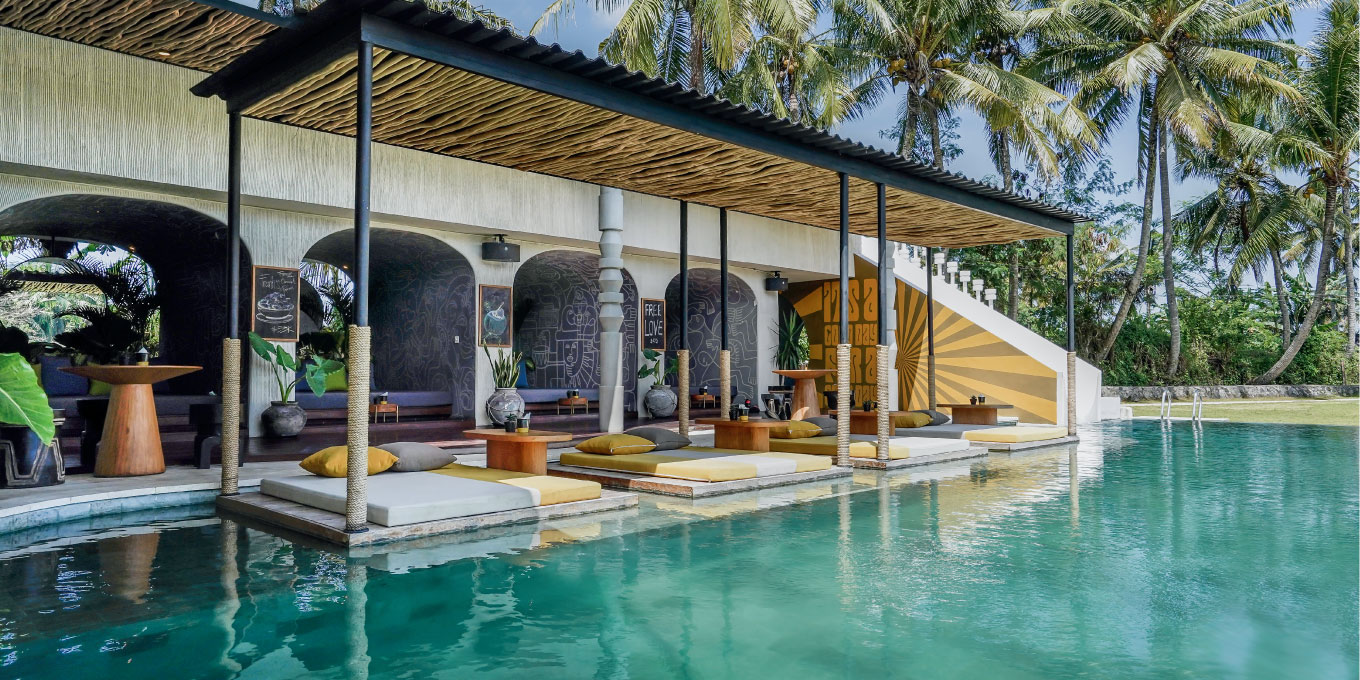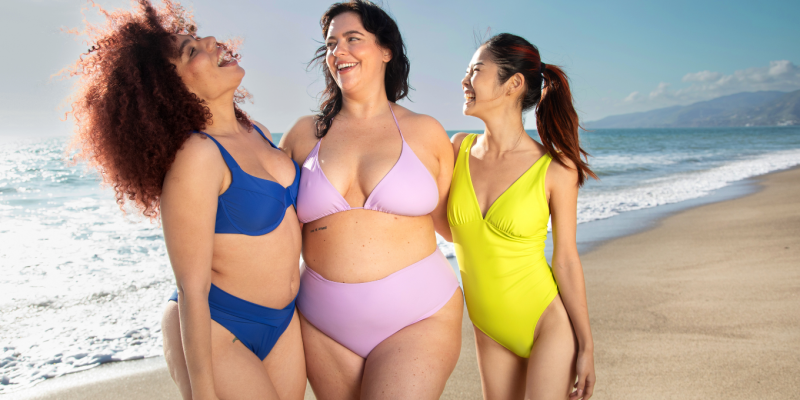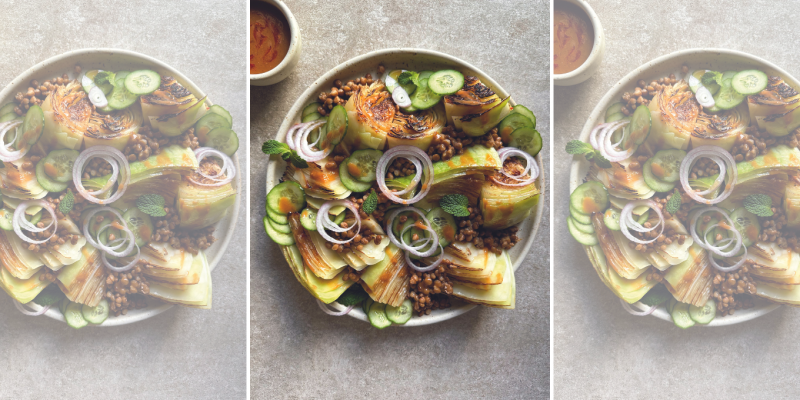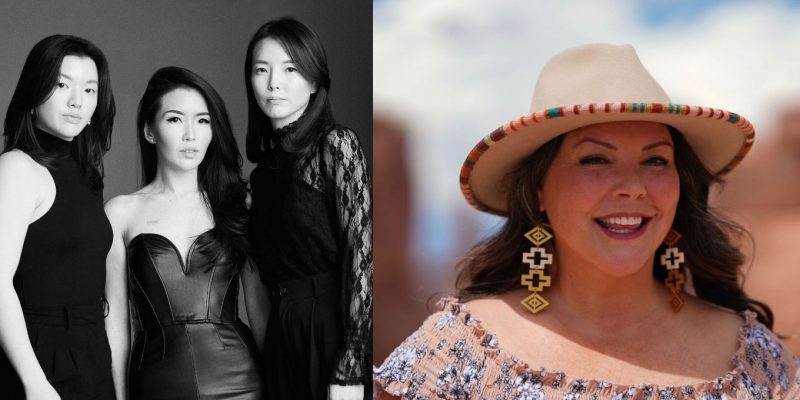Travel
How to Make the Most Wellness Retreats Once Reality Sets In
A week-long retreat can be amazing, but none of us lead lives where we can easily keep doing what we learned in an idyllic setting away from our responsibilities.

Soulshine Bali Resort
Read Next

Beauty
The Best Met Gala Beauty Looks Of All Time
From Taylor Swift's 'Bleachella' era to Rihanna's iconic 2011 braids, meet the best beauty moments in Met Gala history.

Culture
Benny Blanco Says He Fell in Love With Selena Gomez Without ‘Even Noticing’ It
Allow Benny Blanco to tell the straight-from-a-rom-com story of how he realized his feelings for his girlfriend and longtime friend.

Beauty
Summer Prep: How to Feel Confident in Your Swimsuit
New Size-Inclusive Swimwear: Gillette Venus partners with The Saltwater Collective to Launch a Collection for Any Body




